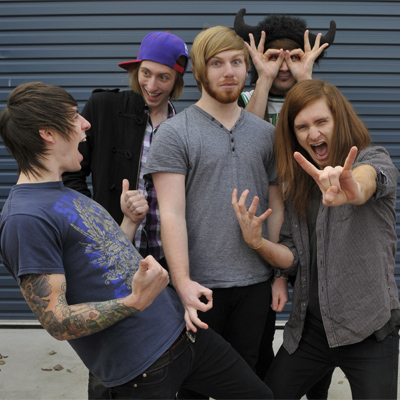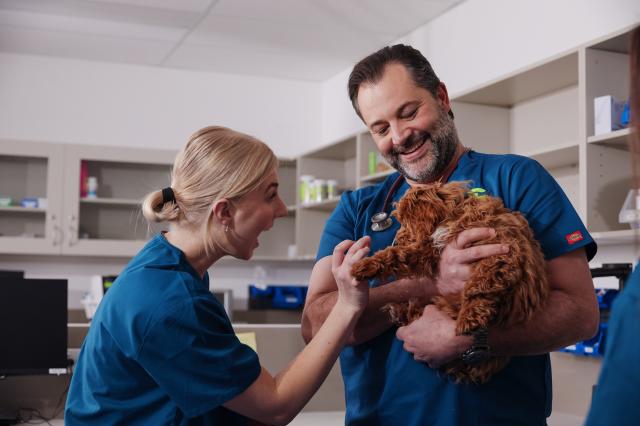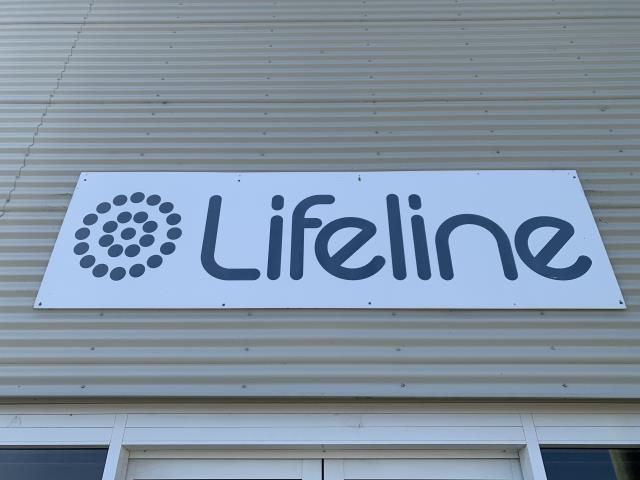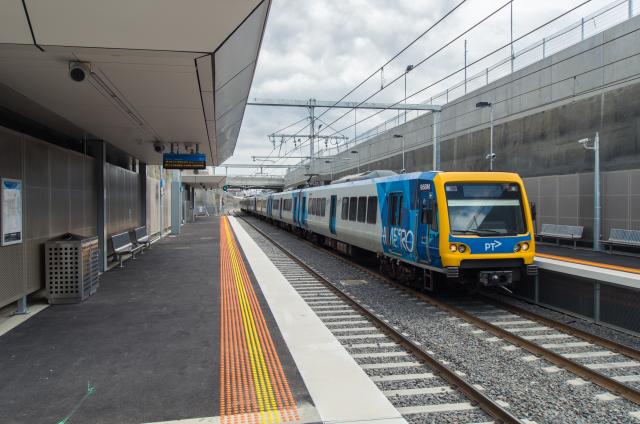TV shows may make the music industry seem like a glamorous road to riches, but when Nick Toscano talked to some local musicians, he found the reality behind the glitter.
It’s a cultivated image. You’ve seen it before on album covers and posters on public walls – the almost studied lack of expression that says ‘come for the ride or not’. Fronting a five-piece blues band, husband and wife Joe and Sonia Valenti have talent and they know it. But the duo from Westmeadows won’t register as immediately recognisable.
Not just yet.
Beneath the sunglasses and a black-leather exterior burn passions – the drive they share that makes get up each day and go to work at the airport and the hairdressing salon, when what they really want to do is play music for a living.
“Back in the ’60s and ’70s, music was a massive scene … but it’s a lot tougher these days,” Joe says. “Even the guys in our band who were around back then call them the good ol’ days, where you’d play seven nights a week and you could live off music. It’s hard to do that now.”
In the 1984 hit song Money for Nothing, Dire Straits sang of the good life … play an instrument, write a few songs, and get your money for nothing. For many who play music, the lyrics strike a rich chord. It’s not difficult to see how the idea of writing and recording songs for a living, playing shows, touring, and getting paid to do it, could be anything short of alluring.
But a state government report last year underscored seismic shifts in the music business. According to the report, musicians earn an average $19,500 a year, a figure many believe is inflated by the few musicians who earn a lot more. Factor in expenses like about $1000 a day for studio hire, music equipment, transport costs, accommodation, marketing, management, merchandise, and the average musician is barely making a pretty penny.
This is all while the music industry pumps $500 million into the Victoria, and $1.2 billion nationally.
Joe and Sonia’s band, Cold Snap, has spent four years cutting its teeth. Heaving heavy guitar cases up the stairs of inner-city music venues, taking shows to western suburbs RSLs, country pubs or festivals, they’ve drawn in crowds and worn chugging Chicago blues influences on their sleeves.
Still a few rungs below the stratosphere of made and well-paid musicians, performing remains the passion they want to turn into a sustainable job.
“We love each other, plus we love music,” Joe says. “We get comments about our chemistry all the time, because when we’re on stage together, our chemistry isn’t manufactured.”
Sonia casts her mind back to when they were driving home from a late-night gig and the radio was spinning their track. She’s barely able to contain herself at the memory. “It’s the moment I was just like, ‘yeah!’
‘‘They gave us a great rap. We just had a great gig and then came home to that. It takes away all the ringing up and getting your chops broken, getting rained on in the freezing cold while packing up your gear.
“Performing is pure enjoyment, but chasing gigs and the self-management side is work at the end of the day.”
Cold Snap has been booked to perform in front of thousands at the Moto GP in Phillip Island this October, surely signalling a surge in popularity and a testament to talent, but Joe and Sonia aren’t at a stage where they can live solely off their music.
“We hope it’s between two to five years away,”
Sonia says. “That’s why we’re eating at the restaurants now, and we’ll get used to two-minute noodles later,” she laughs.
Australia’s music industry is a “market failure” if you ask Terry Noone, the federal secretary of the Musicians Union. He says musicians struggle to make a comfortable living out of playing pubs and clubs, as distinct from high-profile record deals.
Noone says this failure has been fuelled by an attitude in the industry during the past decade, one that’s been reinforced by shows like The Voice and Australia’s Got Talent, that everyone is going to become a star and rake in rivers of gold if you “stay true to yourself, and go on your journey”.
“Some bands will do gigs where they aren’t paid properly because they believe they’ll lead to exposure and high profiles, but the reality is for most that never happens. We’ve had spring up an entire industry based around musicians getting ‘exposure’.
“There’s a real industry built around live music – venue owners, managers, record companies, poster printers, publicists and stylists, all selling things for real money that needs to be paid for, but for the actual product, musicians, payment to them is basically optional.”
It’s a volatile climate for the music business, but in the garage-turned-bandroom out the back of a Werribee house, a generational change might be taking place. The five fellas from Masketta Fall have just returned from a weekend of gigging in Adelaide. Aged 19-22, the pop-rockers earn enough to break even. Aside from the odd DJ set, making music is working as a full-time gig.
Their concerts can fill halls with adoring, squealing young female fans, they’ve had commercial radio play, while their social networking pages and well-produced YouTube videos attract millions of clicks.
In an age of digital distribution, piracy and shrinking CD sales, Masketta Fall has harnessed the internet to its advantage.
“Our facebook page is at 12,500 likes, because this is our perfect target market, 13-17-year-old girls,” lead guitarist Ben Downing says. “We don’t know what it was like before, but it comes down to making your own opportunities … there are music lovers out there everywhere, and it’s about getting them interested. We play a lot of school shows, we do crazy promos on the internet, and we can see results.
“It’s just got to the point where the band is funding itself.’’
Most weekends, gentle chord progressions and an angelic voice belonging to singer-songwriter Sarah Wilkinson ring out across Macedon Ranges farmers markets.
After writing her first song when she was 13, she went onto win the council’s 2009 youth award for music, and was the youngest winner of the Maldon Minstrel Award. A career in music is the dream for the 18-year-old, but with endless obituaries being written for the industry, Sarah is working on a back-up plan, too, and has opted to study for a degree in biomedical science.
“I get really good responses everywhere I go, everyone telling me how good it is, I make $180 a day busking at farmers markets in Kyneton, Woodend, Riddells Creek and Lancefield, but I need to broaden out of the Macedon Ranges. I’m making a CD at the moment, over the holidays I’ll get more into it, I’ll do that, send it out and see what happens from there.”
Like with any pursuit, talent and hard work are the backbones of success. And the dream is alive for teenage musician Demi Louise.
Based in Ballan, she taught herself guitar and played her first gig at an open-mic night in Hepburn two years ago. Her folksy pop sounds hit the right note, won over the hearts of the dozen patrons (five of whom were family, she admits), and she had a new passion and career in her sights. “It’s all about self-expression for me, and the ability to spend your life making things people will have forever. It’s the dream of anyone who plays music.”
Now booked for a regular residency at Flanagan’s in Bacchus Marsh on Sundays, the songwriter hopes these are the early chapters of a much longer story.







